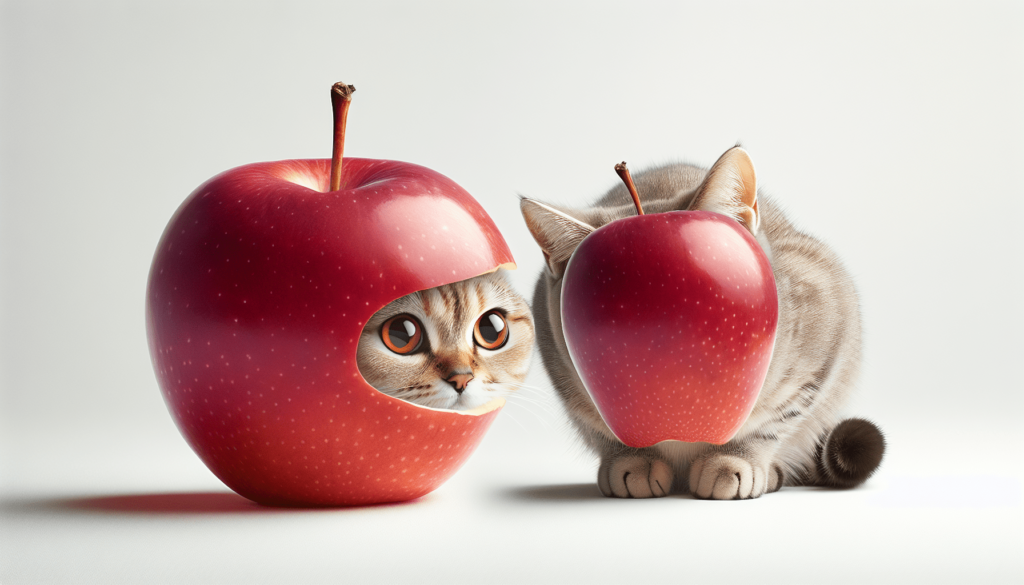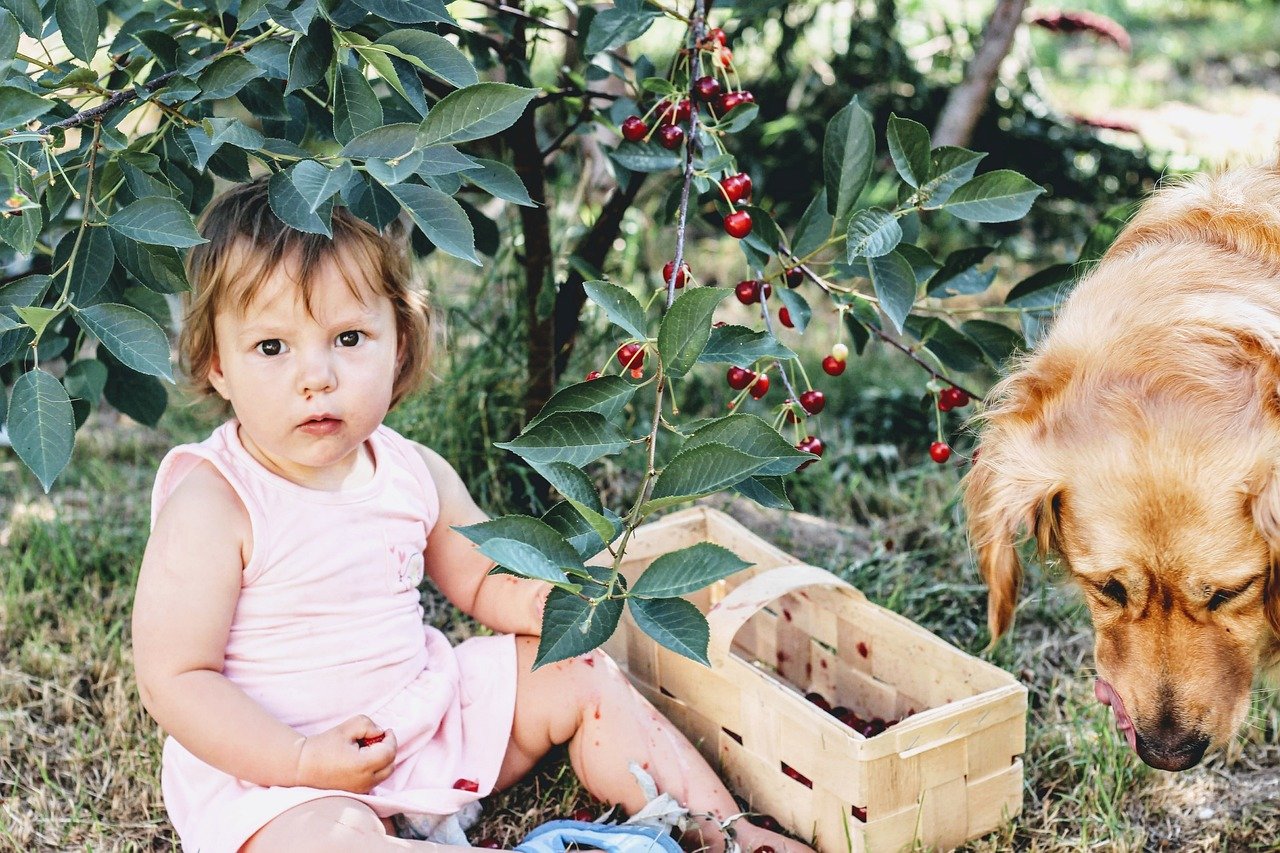You’ve probably heard people say that cats and apples don’t mix, but is it really true? In this article, we’ll explore the question of whether cats can safely enjoy a bite of this popular fruit. While cats are obligate carnivores and have specific dietary needs, apples can actually provide some nutritional benefits for our feline friends. However, it’s crucial to know the dos and don’ts before offering them this fruity treat. So, let’s find out what you need to know about cats and apples to ensure their health and happiness.
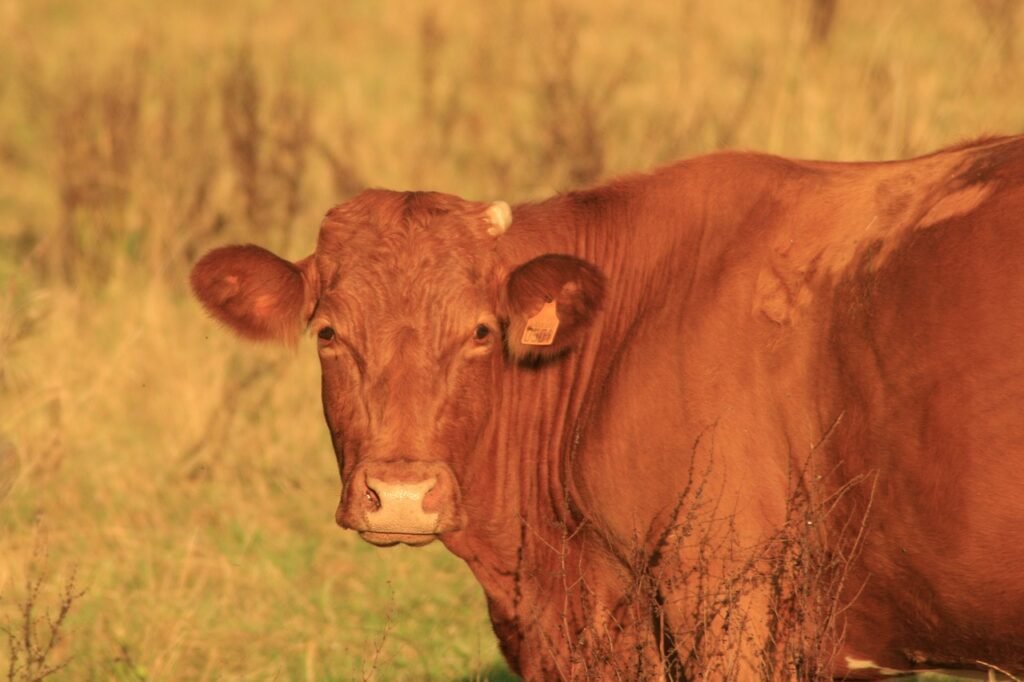
Overview of cats’ dietary needs
Cats have specific dietary needs that are essential for their overall health and well-being. As obligate carnivores, their bodies are designed to thrive on a diet primarily consisting of animal-based proteins. It is important for cat owners to understand the unique nutritional requirements of felines to ensure they are providing them with a balanced and appropriate diet.
Description of a cat’s normal diet
In the wild, cats would consume a diet consisting mainly of small animals such as mice, birds, and insects. These prey animals provide the necessary nutrients, including essential amino acids, vitamins, and minerals, that cats need to survive. Their bodies have evolved to efficiently process and utilize the nutrients derived from meat.
Nutritional needs of felines
To meet their nutritional needs, cats require a diet that is high in animal protein, moderate in fat, and low in carbohydrates. Protein is crucial for maintaining lean muscle mass, supporting immune function, and promoting healthy skin and coat. Fats provide a concentrated source of energy and aid in the absorption of fat-soluble vitamins. Carbohydrates, on the other hand, are not essential for a cat’s diet and should be limited.
The carnivorous nature of cats
Cats are true carnivores, meaning they derive the majority of their nutrients from animal sources. Their bodies are adapted to efficiently digest and utilize the nutrients found in prey animals. Unlike omnivores or herbivores, cats lack certain enzymes and metabolic pathways necessary for digesting and metabolizing plant-based nutrients effectively. Therefore, their diets should prioritize animal-based protein to mimic their natural dietary requirements.
The safety of feeding cats with apples
While cats primarily require a diet rich in animal protein, it is natural for cat owners to wonder if they can safely incorporate other foods, such as apples, into their feline companion’s diet. Apples are a popular fruit enjoyed by many humans, but are they safe for cats to consume?
Are apples toxic to cats?
No, apples are not toxic to cats. In fact, apples are generally safe for feline consumption in small amounts. However, it is important to note that cats have different nutritional needs than humans, and their bodies are not designed to derive significant nutrients from plant-based foods like apples.
Possible negative reactions in cats due to apple ingestion
While apples are generally safe for cats, some felines may experience negative reactions or gastrointestinal upset if they consume too much apple. Cats have sensitive digestive systems, and introducing new foods, even those considered safe, can sometimes lead to digestive disturbances such as diarrhea or vomiting.
Potential choking hazards associated with apples
Another consideration when feeding cats apples is the potential choking hazard associated with the size and texture of the fruit. Cats have small, delicate throats, and if they are given large chunks or pieces of apple, they may struggle to swallow them properly, leading to choking. It is essential to ensure that any apples given to cats are appropriately prepared to minimize the risk of choking.
Health benefits of apples for cats
While apples may not be a necessary component of a cat’s diet, they do offer some potential health benefits when consumed in moderation.
Nutrients in apples that can be beneficial for cats
Apples contain several essential nutrients that can be beneficial for cats. They are a good source of dietary fiber, as well as vitamins A and C. These nutrients contribute to overall health, support the immune system, and promote healthy digestion.
Role of antioxidants present in apples
Apples are rich in antioxidants, particularly flavonoids, which have been shown to have various health benefits. Antioxidants help protect the body’s cells from damage caused by harmful free radicals, potentially reducing the risk of chronic diseases and supporting overall well-being.
How fiber present in apples can aid in cat’s digestion
The fiber content in apples can aid in a cat’s digestion by promoting regular bowel movements and preventing constipation. Additionally, fiber can help regulate blood sugar levels and contribute to a feeling of satiety, which may be beneficial for overweight or obese cats.
Risks associated with feeding cats apples
While the safety of feeding cats small amounts of apples has been established, there are still some risks associated with incorporating this fruit into a cat’s diet.
Potential health problems due to excessive apple consumption
Feeding cats excessive amounts of apples can lead to health problems. As obligate carnivores, cats have specific dietary requirements that need to be met for optimal health. An imbalanced diet with too much apple can result in nutrient deficiencies and an inadequate intake of essential animal-based proteins and fats.
Understanding the limits and balance of apple intake by felines
To maintain a healthy balance, it is crucial to limit the amount of apple given to cats and ensure that it does not become a significant portion of their diet. While small pieces of apple as occasional treats may be enjoyed by some cats, the majority of their diet should consist of nutritionally balanced cat food designed specifically for their needs.
Risk of choking and bowel obstruction from apple seeds and core
Cats should never be given apple seeds or the core of an apple. Apple seeds contain compounds called amygdalin, which can be toxic when ingested in large amounts. Additionally, apple seeds and the tough core can pose a choking hazard and the potential for bowel obstruction in cats.
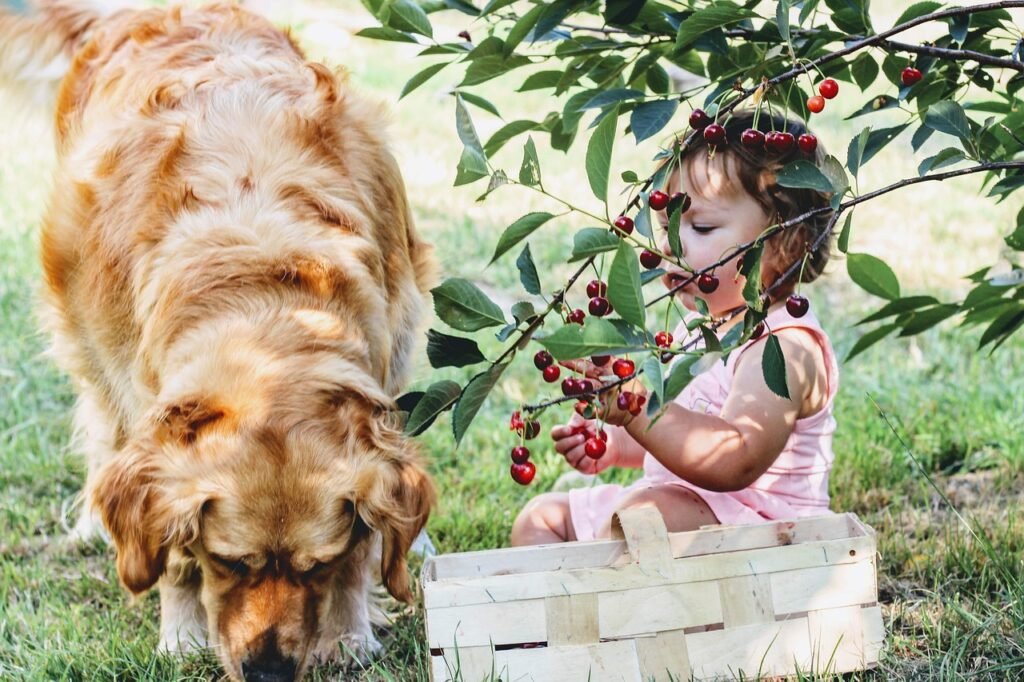
Is it safe for cats to eat apple seeds?
No, it is not safe for cats to eat apple seeds. Apple seeds contain cyanogenic glycosides, which can produce cyanide when metabolized. Even small amounts of apple seeds can be toxic to cats and may lead to symptoms such as difficulty breathing, dilated pupils, and gastrointestinal distress.
Presence of toxic compounds in apple seeds
Apple seeds contain amygdalin, a compound that releases hydrogen cyanide when it comes into contact with digestive enzymes. Hydrogen cyanide is a highly toxic substance that can cause severe poisoning in cats.
Potential poisoning from eating apple seeds
If a cat ingests a large quantity of apple seeds, it can lead to cyanide poisoning. Symptoms may include difficulty breathing, rapid heart rate, dilated pupils, weakness, and seizures. Immediate veterinary attention should be sought if a cat has consumed apple seeds.
The risk of accidental ingestion of seeds
Accidental ingestion of apple seeds can occur if a cat gains access to a whole apple or if apple seeds are left within its reach. It is essential to exercise caution and ensure that apples are prepared and served in a way that eliminates any potential exposure to apple seeds.
Is it safe for cats to eat apple skin?
In general, apple skin is safe for cats to eat. However, there are some factors to consider before offering apples with the skin to feline companions.
Digestibility of apple skin by felines
The skin of an apple may be challenging for some cats to digest, especially if they have a sensitive digestive system or a history of gastrointestinal issues. If a cat shows signs of digestive upset after consuming apple skin, it is best to remove it from their diet.
Watch out for pesticides on apple skin
Apples are often treated with pesticides to protect them from pests and diseases. The residues of these chemicals may remain on the apple skin, which can pose a health risk to cats if ingested. It is crucial to thoroughly wash apples before serving them to cats or consider purchasing organic apples.
Potential allergens found in apple skin
Some cats may have allergies or sensitivities to certain fruits, including apples. If a cat develops signs of an allergic reaction, such as itching, skin rashes, or gastrointestinal disturbances, after consuming apple skin, it is advisable to discontinue its use as part of their diet.
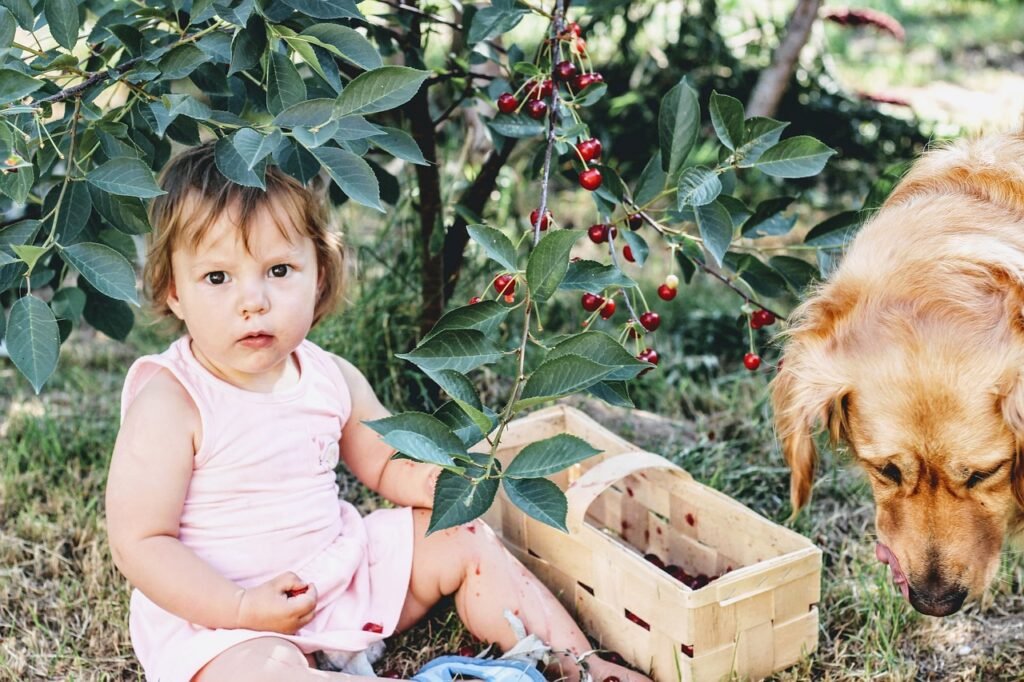
Preparation method of apples for cats
When incorporating apples into a cat’s diet, proper preparation is essential to ensure their safety and optimal enjoyment.
Why it’s important to wash apples thoroughly before feeding to cats
Before offering apples to cats, it is crucial to thoroughly wash them to remove any potential pesticides or residues. Washing apples also helps remove dirt and bacteria that may be present on the skin.
Recommended ways to cut and serve apples to cats
To minimize the risk of choking, apples should be finely diced or grated before serving them to cats. The small, manageable pieces make it easier for felines to chew and swallow the fruit safely.
Portion size considerations for apples in a cat’s diet
Apples should only be given to cats in small amounts as an occasional treat. The portion size should be appropriate for the cat’s size and dietary needs. It is recommended to consult with a veterinarian to determine the suitable portion size for an individual cat.
Signs of apple toxicity in cats
While apples are generally safe for cats, it is essential to be aware of the signs of apple toxicity in case of adverse reactions.
Physical symptoms of a cat responding poorly to apples
Symptoms of apple toxicity in cats can vary but may include vomiting, diarrhea, abdominal pain, loss of appetite, excessive salivation, and lethargy. If these symptoms arise after a cat consumes apples, it is crucial to seek veterinary attention promptly.
Steps to take if a cat appears to be suffering from apple toxicity
If a cat shows signs of apple toxicity, it is important to remove any remaining apple and monitor the cat’s symptoms closely. Providing them with fresh water and offering a bland diet for a day or two can help alleviate any gastrointestinal distress. If symptoms persist or worsen, it is advisable to seek veterinary care immediately.
Importance of consulting a vet in case of suspected apple toxicity
If a cat appears to be suffering from apple toxicity or experiences any adverse reactions, it is crucial to consult a veterinarian. Veterinarians are trained to assess and diagnose potential health issues and provide appropriate treatment if necessary.
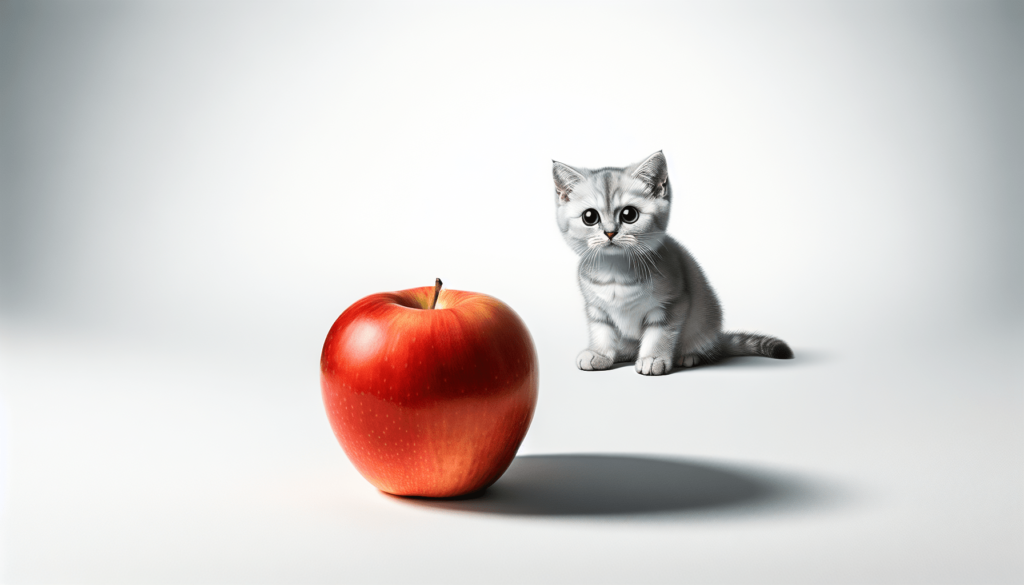
Alternative fruits that are safe for cats
If cat owners are looking to offer their feline companions a variety of fruits, there are several safe alternatives to apples.
Other fruits that cats can safely eat
Some other fruits that are generally safe for cats to consume in moderation include bananas, blueberries, strawberries, and watermelon. These fruits offer various nutrients and can be a healthy addition to a cat’s diet when served in small amounts.
Comparative analysis of these fruits and apples
While apples have their own unique set of potential health benefits and risks, other fruits such as bananas, blueberries, strawberries, and watermelon offer their own nutritional advantages. It is important to consider the specific nutritional needs of cats and consult with a veterinarian to determine the most suitable fruits for an individual cat.
Considerations for introducing new fruits into a cat’s diet
When introducing new fruits into a cat’s diet, it is crucial to start with small amounts and monitor the cat’s reaction closely. Some cats may have allergies or sensitivities to certain fruits, so it is important to watch for any signs of adverse reactions.
Incorporating apples into a cat’s healthy diet
If a cat shows an interest in apples and the owner wishes to incorporate them into their feline companion’s diet, it is essential to do so responsibly and mindfully.
Tips for adding apples to a balanced diet for cats
When adding apples to a cat’s diet, it is important to consider them as occasional treats rather than a staple food. The main focus should be on providing a balanced and complete diet that meets the nutritional needs of cats. Apples can be offered as a small portion of a well-balanced meal or used as a reward during training sessions.
Introducing apples gradually into a cat’s diet
To ensure that a cat tolerates apples well, it is advisable to introduce them gradually. Start by offering a small piece of apple and observe how the cat responds. If there are no adverse reactions, the amount of apple can be slowly increased over time.
Healthy apple-based treats for cats
Instead of feeding cats plain apple pieces, cat owners can get creative and prepare healthy apple-based treats specifically tailored for feline consumption. For example, apples can be cooked, pureed, and mixed with cat-friendly ingredients to create homemade treats that still provide the potential health benefits of apples while ensuring optimal digestibility and taste.
Importance of monitoring a cat’s reaction after introducing apples
Even after a cat has been introduced to apples and has shown no adverse reactions, it is crucial to continue monitoring their response to ensure that they continue to tolerate them well. If any concerns arise or the cat’s health or behavior changes, it is always best to consult with a veterinarian for guidance.
In conclusion, while cats can safely consume small amounts of apples, they should not be a significant component of their diet. Apples can offer some potential health benefits, such as providing essential nutrients and antioxidants, but they should always be prepared appropriately and introduced gradually. It is important to prioritize a nutritionally balanced cat food that meets a cat’s unique dietary needs and consult with a veterinarian for guidance on incorporating any new foods, including fruits, into a cat’s diet. Monitoring a cat’s response is essential, and immediate veterinary attention should be sought if any adverse reactions or signs of apple toxicity occur. By understanding the risks, benefits, and considerations associated with feeding cats apples, owners can make informed decisions regarding their feline companion’s diet and overall well-being.
